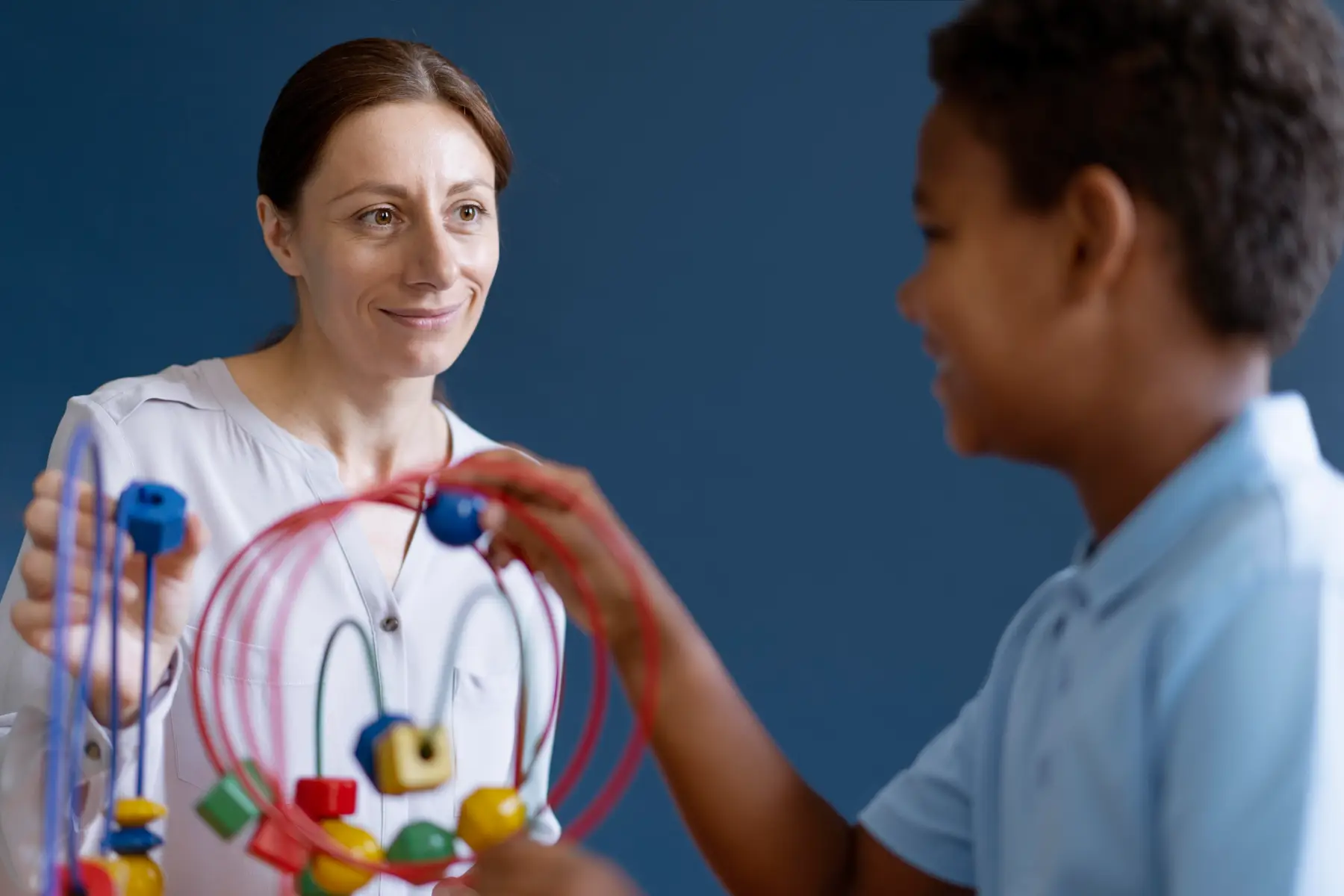Executive Summary
Conflict is an inevitable part of human interaction. In communities, where diversity in needs, values, and cultures inevitably intersects, disputes can escalate, creating divisions and hostility. Designed to address these challenges, Community Counselling and Mediation (CCM) combines proactive guidance with structured mediation tools to help individuals and groups resolve disputes peacefully. By fostering effective communication, rebuilding trust, and bridging divides, CCM provides pathways to long-term harmony and systemic resilience.
This whitepaper examines the key principles, methodologies, and benefits of community counselling and mediation. It explores why CCM has gained significance in resolving personal, neighbourhood, and organisational conflicts. Furthermore, it provides actionable insights into implementing CCM frameworks, highlights the role of neutral third-party mediators, and evaluates its value in creating healthier, united societies.
Introduction
Conflict often arises from unmet needs, misunderstood intentions, or differences in perception. If left unresolved, it can disrupt family dynamics, strain professional relationships, or fragment communities. At the heart of any resolution effort lies the need to address not just the surface issues but also the underlying emotions, values, and psychological barriers that fuel conflict.
Community Counselling and Mediation (CCM) offers a dual-faceted approach to conflict resolution, where counselling enables the emotional processing of disputes, and mediation provides structured, solution-oriented dialogue. Grounded in empathy, fairness, and accountability, CCM revolves around collaborative techniques that foster understanding over division.
In settings ranging from schools and workplaces to neighbourhoods and religious groups, CCM ensures that conflicts are not ignored or exacerbated but transformed into opportunities for growth and engagement. This whitepaper outlines how organisations and communities can use counselling and mediation techniques to resolve conflicts peacefully and effectively.
What is Community Counselling and Mediation?
Defining Community Counselling
Community counselling focuses on guiding individuals or groups through emotional distress, personal challenges, or conflict-induced tension. The process creates a safe space to discuss grievances, enabling parties to reflect on their emotions, behaviours, and possible areas for compromise. Counselling helps individuals develop empathy, manage stress, and recognise how their attitudes and actions impact others.
Defining Conflict Mediation
Mediation is a facilitated dialogue between conflicting parties led by an impartial third party (the mediator). In community mediation, professionals skilled in communication and problem-solving techniques guide participants towards mutually agreeable solutions. Unlike litigation or arbitration, mediation is voluntary and non-adversarial, ensuring that all voices are heard and respected.
The Synergy Between Counselling and Mediation
Community Counselling and Mediation combines the emotional depth of counselling with the structured, solutions-focused approach of mediation. This hybrid framework ensures that disputes are not only addressed on a practical level but also resolved with emotional clarity and interpersonal understanding.
Core Objectives:
- Promote Peaceful Dialogue: Encouraging open and honest conversations without fear of escalation.
- Address Emotional Needs: Supporting individuals in processing anger, resentment, or hurt through counselling.
- Develop Ownership of Solutions: Empowering all parties to contribute to practical, sustainable outcomes.
- Prevent Future Conflict: Providing tools to improve communication and resolve disputes constructively.
Why is Community Counselling and Mediation Needed?
Interpersonal and communal conflict is on the rise due to increasing cultural diversity, economic inequality, and societal change. Whether in families, workplaces, or local councils, disputes are becoming more multifaceted and emotionally charged.
The traditional response to conflict involves court battles, governmental intervention, or avoidance. These approaches, while sometimes necessary, seldom address underlying tensions or foster meaningful reconciliation. CCM offers an alternative: a cost-effective, community-driven model centred on dialogue, understanding, and healing.










